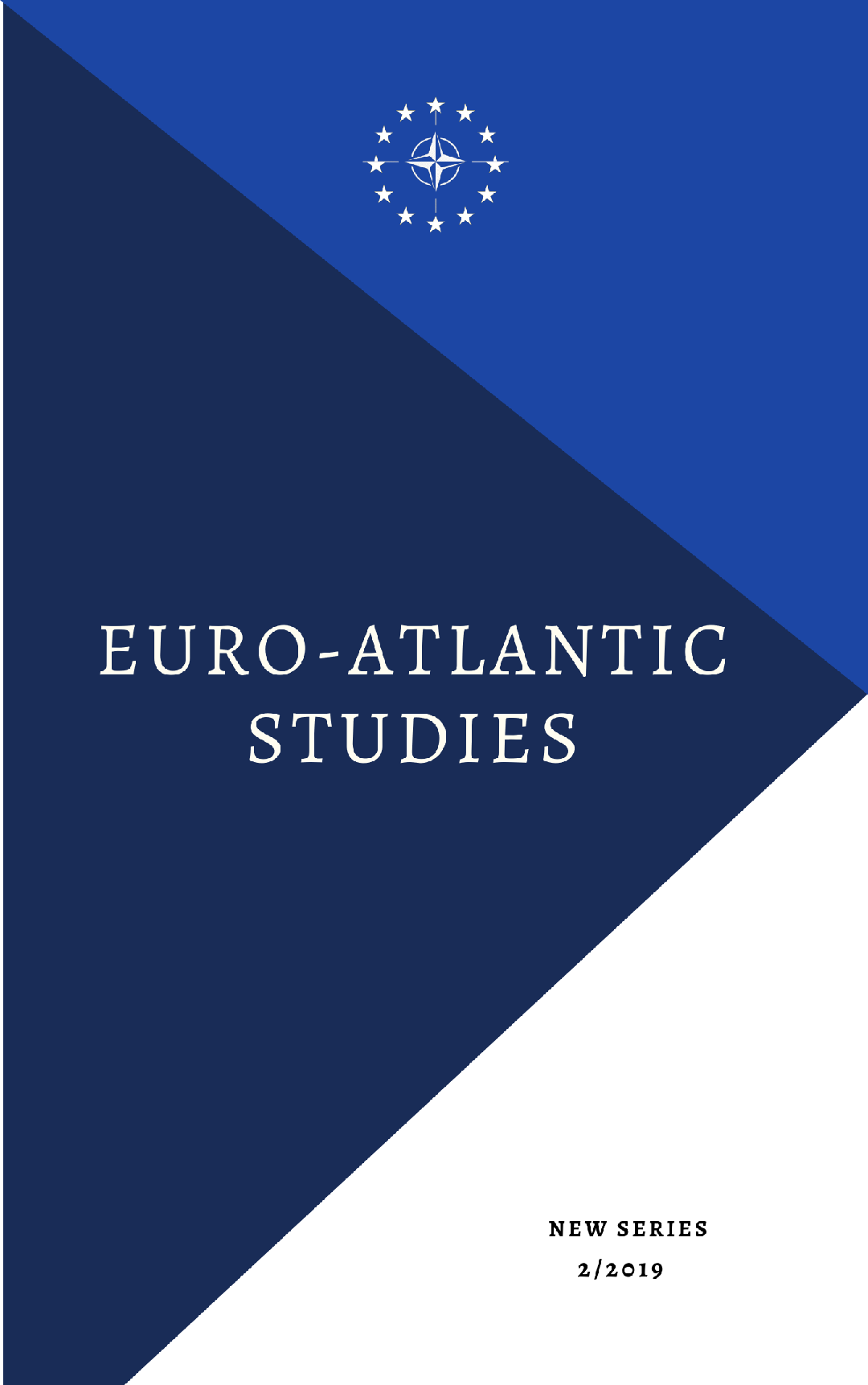Italy and the Mare Nostrum Operation (October 2013-October 2014)
Italy and the Mare Nostrum Operation (October 2013-October 2014)
Author(s): Mihaela MustăţeaSubject(s): Politics / Political Sciences, History, Social Sciences, Civil Society, Governance, Sociology, Diplomatic history, Recent History (1900 till today), Security and defense, Present Times (2010 - today), Migration Studies, Corruption - Transparency - Anti-Corruption, Asylum, Refugees, Migration as Policy-fields
Published by: Editura Universităţii din Bucureşti
Keywords: Mare Nostrum operation; Italy; the migration crisis; Search and Rescue Operations; EU;
Summary/Abstract: Migration from poor countries is constantly increasing, but at the same time it is becoming more difficult to legally enter and seek asylum in the European Union. Fences were erected in several countries, such as Hungary, Slovenia, Macedonia and Austria. Due to the lack of opportunities, thousands of desperate people are forced to embark on a dangerous journey across the Mediterranean Sea, considered one of the deadliest seas in the world. For the past fifteen years, Italy has been increasingly affected by the phenomenon of migrants and applicants for international protection arriving by sea, departing from the coasts of Libya, Tunisia and Egypt. These flows incremented significantly in 2011 related to the political changes in the countries of North Africa (especially in Tunisia and Libya), called the "Arab Spring," and with the intensification of the conflict in Syria. Since the Arab uprisings, the Mediterranean region has been confronted with unprecedented refugee and migratory fluxes: in 2014 over 170.000 people arrived by sea, of which more than 42.000 Syrian citizens fleeing the war.As a consequence of their geographical position and the implementation of the Dublin Regulation – which sets the procedures for asylum applications in the European Union – countries of first arrival such Italy, Greece, and, to a lesser extent, Spain have been most affected. This paper analyses the Italian’s center-left government decision to launch the Mare Nostrum operation, opening the path for the Search and Humanitarian missions. Mare Nostrum was a year-long naval and air operation initiated by the Italian government on October 18, 2013 after the greatly mediatized Lampedusa shipwrecks of 3rd and 11th of October 2013 near the island of Lampedusa when 636 migrants died off the Italian coast. The Italian operation aimed to identify boats in distress and to launch a proactive “Search and Rescue” operation with a policing and anti-smuggling component, covered an area of 70.000 square kilometers, and operated close to the Libyan coast. Leading this military-humanitarian operation, Italy succeeded in raising the awareness of EU member states’ governments and public opinion that the Mediterranean migration crisis affects all EU member states - not just Italy or other South-European countries. The Mare Nostrum operation ended suddenly, after a series of harsh critics, largely because of a lack of European Union supported being considered a „pull factor” for migration, but its consequence was that it paved the way for a greater humanitarian response to this complex phenomenon that affects the economic, social and security aspects of Europe in the world of mass human movements. It was superseded by Frontex's Operation Triton, an operation which had no naval or air force of its own, instead, it had to rely on the help of the EU countries. The aim of the new European operation led by Italy as host state was not to save human lives but, basically it was a border control operation. Triton replaced also two old operations the agency used to coordinate in the South of Italy, Hermes which controlled the border along the Italian coastline, and Aeneas which controlled migrant flows from Egypt and Turkey (via Greece) to Italy. Another mission under Italian naval command and headquartered in Rome was the Sophia Operation, launched in June 2015, an anti-people smuggling mission in the Mediterranean Sea, ended in March 2019. The ending decision relates to Italy's reluctance to allow rescued people to disembark in its own ports.
Journal: Euro-Atlantic Studies
- Issue Year: 2/2019
- Issue No: 2
- Page Range: 103-128
- Page Count: 26
- Language: English

